Hosted in a city known for its commitment to innovation and quality of life — and with a flagship venue like the SwissTech Convention Center — SEFI 2024 became a testing ground for the evolving expectations placed on academic congresses in the 21st century. Rooted in the values and philosophy championed by the venue, sponsored childcare, inclusive programming, plant‑based catering, and active mobility formed the essence of a compelling case study in how values‑driven event design can deepen engagement and extend reach.
A Space That Speaks
Held at the lakeside campus of EPFL (École Polytechnique Fédérale de Lausanne), the event welcomed around 600 delegates. The venue choice itself shaped the tone of the meeting. The Faculty of Architecture, a building designed with openness and flow in mind, facilitated not just parallel scientific sessions and keynotes across twelve thematic tracks, but also impromptu exchanges in a central agora—home to the exhibition, lunch service, and coffee breaks.
As Klara Ferdová, SEFI Secretary General, stated, “The venue’s layout naturally encouraged interaction, while also meeting important accessibility standards.” Notably, free local transport offered by the City of Lausanne enhanced both the inclusivity and sustainability of the event, making urban mobility a seamless part of the participant experience.
Operationalising DEI & Sustainability
Ferdová continued: “The conference theme Educating Responsible Engineers was enhanced through a wide range of sustainability and inclusion (DEI) initiatives, advertised both ahead of and during the event. These efforts aimed to inspire participants to carry the spirit of responsibility back to their own institutions.”
Among the most innovative features was the introduction of sponsored childcare, a first for the conference and detailed in a post-event report published by SEFI. Designed to reduce barriers for academics with caregiving responsibilities, this measure was complemented by scholarships for participants from low-income countries and proactive visa assistance for international delegates. “We wanted to ensure that scholars could not only attend but participate fully,” said Ferdová.
The conference also implemented an accessibility map, distributed in advance, which outlined key information for attendees with mobility or sensory needs. Multilingual subtitles (in English, French, Spanish, and German) were available throughout, enhancing inclusion for participants with hearing impairments and those from diverse linguistic backgrounds.
DEI efforts were underpinned by structural commitments. A formal Code of Conduct—a first for SEFI—was adopted and promoted through Ally Training sessions. Organisers and newcomers wore inclusion ribbons to facilitate recognition, and a newcomers’ lunch with games helped integrate first-time attendees.
Morning wellness activities, including yoga, tai chi, and group runs, alongside a dedicated well-being session in each conference slot, signalled a holistic view of what academic engagement can look like.
On the sustainability side, the event eschewed branded souvenirs in favour of reusing lanyards—a simple yet symbolic gesture. Catering was entirely vegetarian and plant-based, delivered with reusable dishes. Participants were encouraged to choose land-based travel, and survey data indicated that most attendees did so—even across long distances—thanks in part to institutional travel policies aligning with conference values.
Institutional Support & Local Synergy
The success of SEFI 2024 owes much to the collaborative ecosystem in Lausanne.
“We were grateful for the outstanding support from the local organising committee under the leadership of EPFL,” explained Ferdová. “EPFL’s Center for Learning Sciences took the lead on the conference programme, coordinating the venue arrangements, catering, and overall scientific content. The Lausanne Convention Bureau provided essential assistance with registration, participant reception, and local transportation logistics.”
The social programme reflected the city’s character: from cycling tours and research facility visits to a traditional gala dinner at Lausanne’s freshwater aquarium, the setting enhanced the overall experience without compromising on environmental considerations.
“This synergy between the university, the local tourism authorities, and service providers created a very special atmosphere,” noted Ferdová. “It felt like the city was co-hosting the event.”
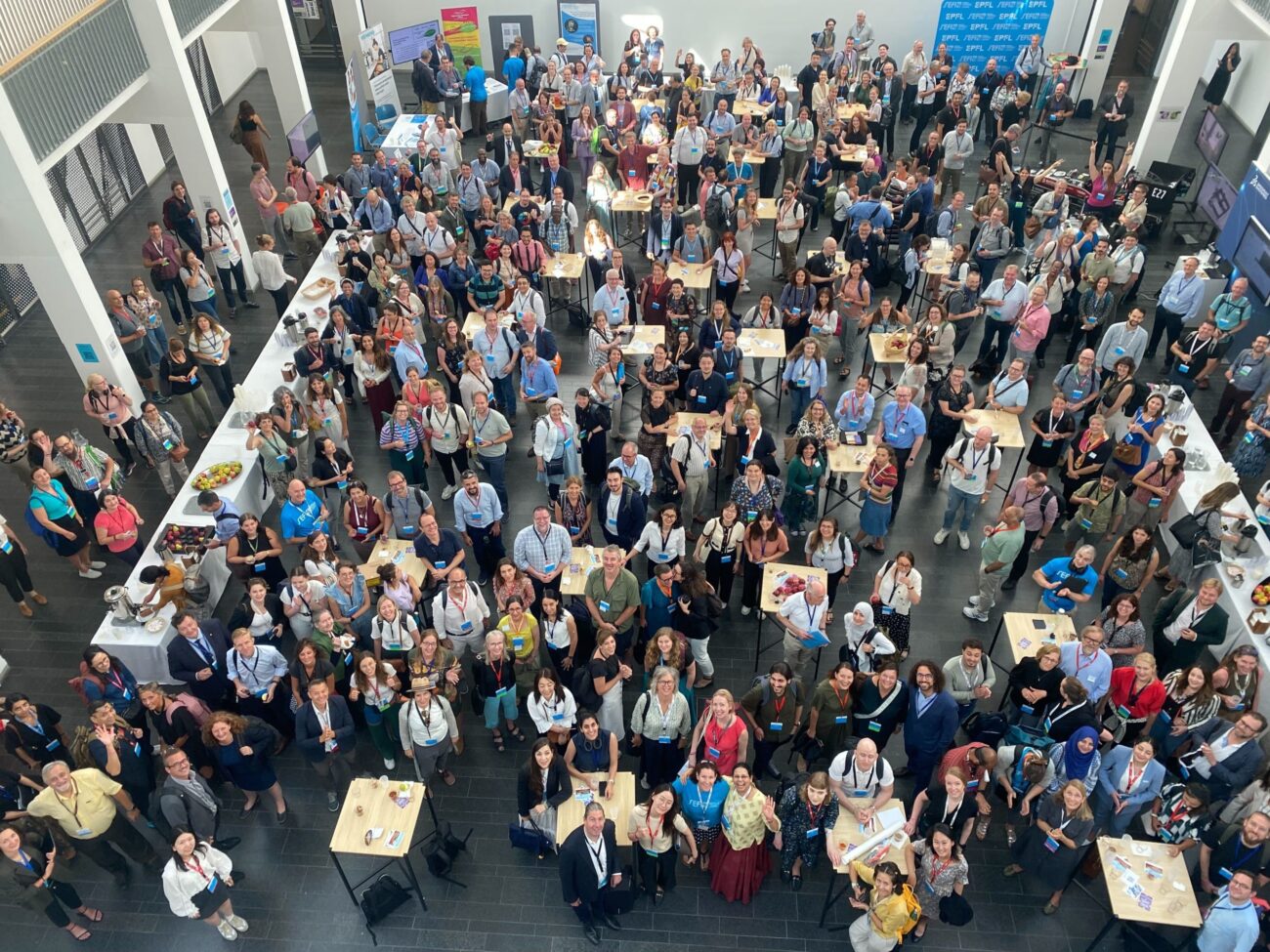
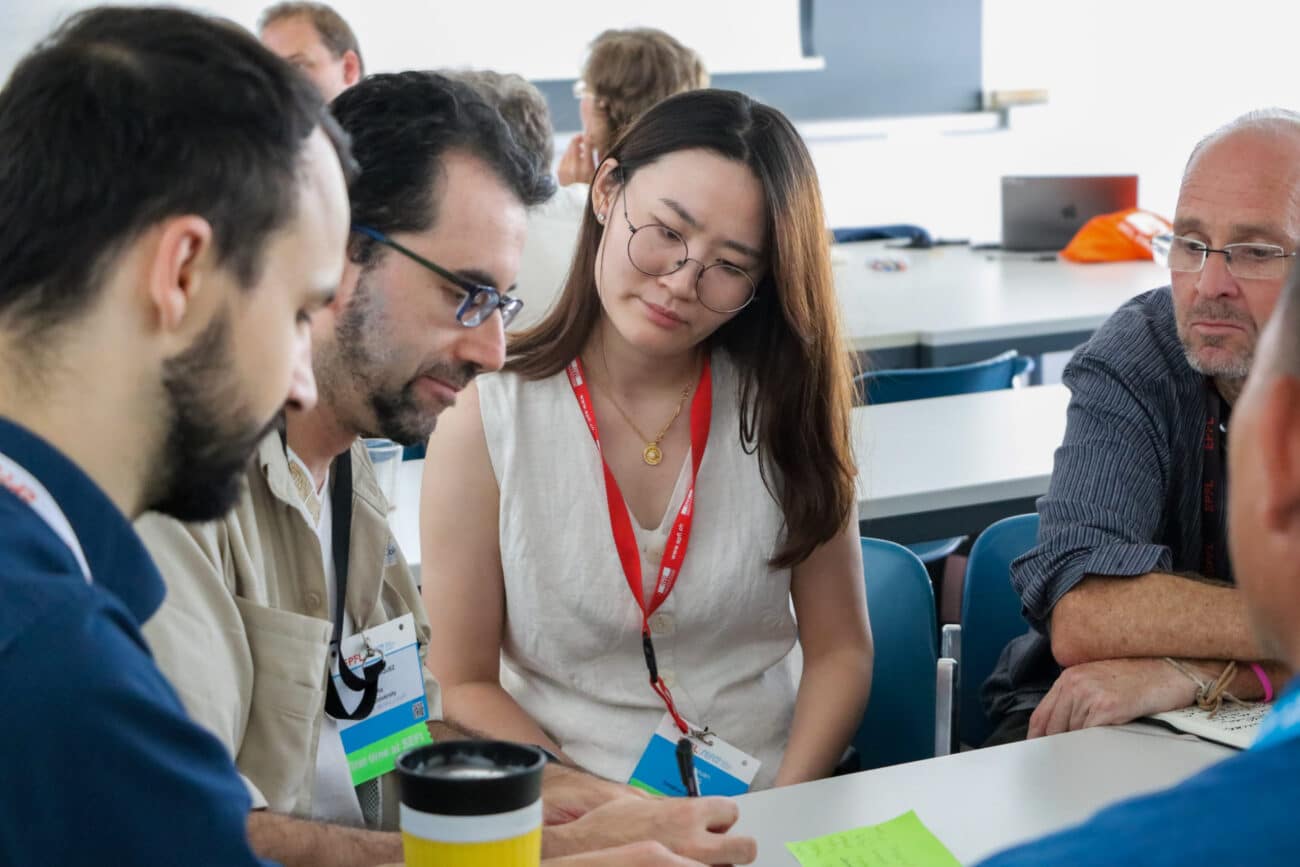
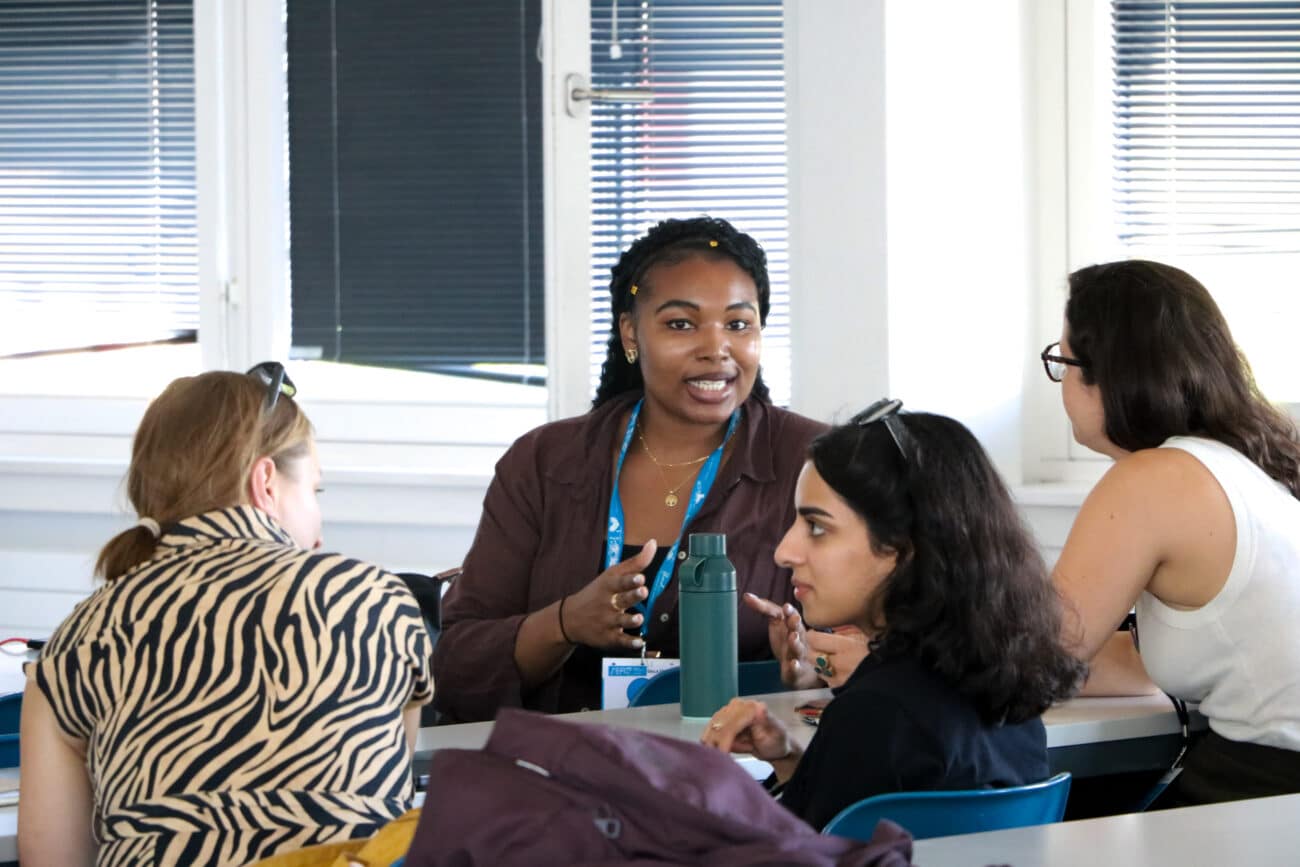
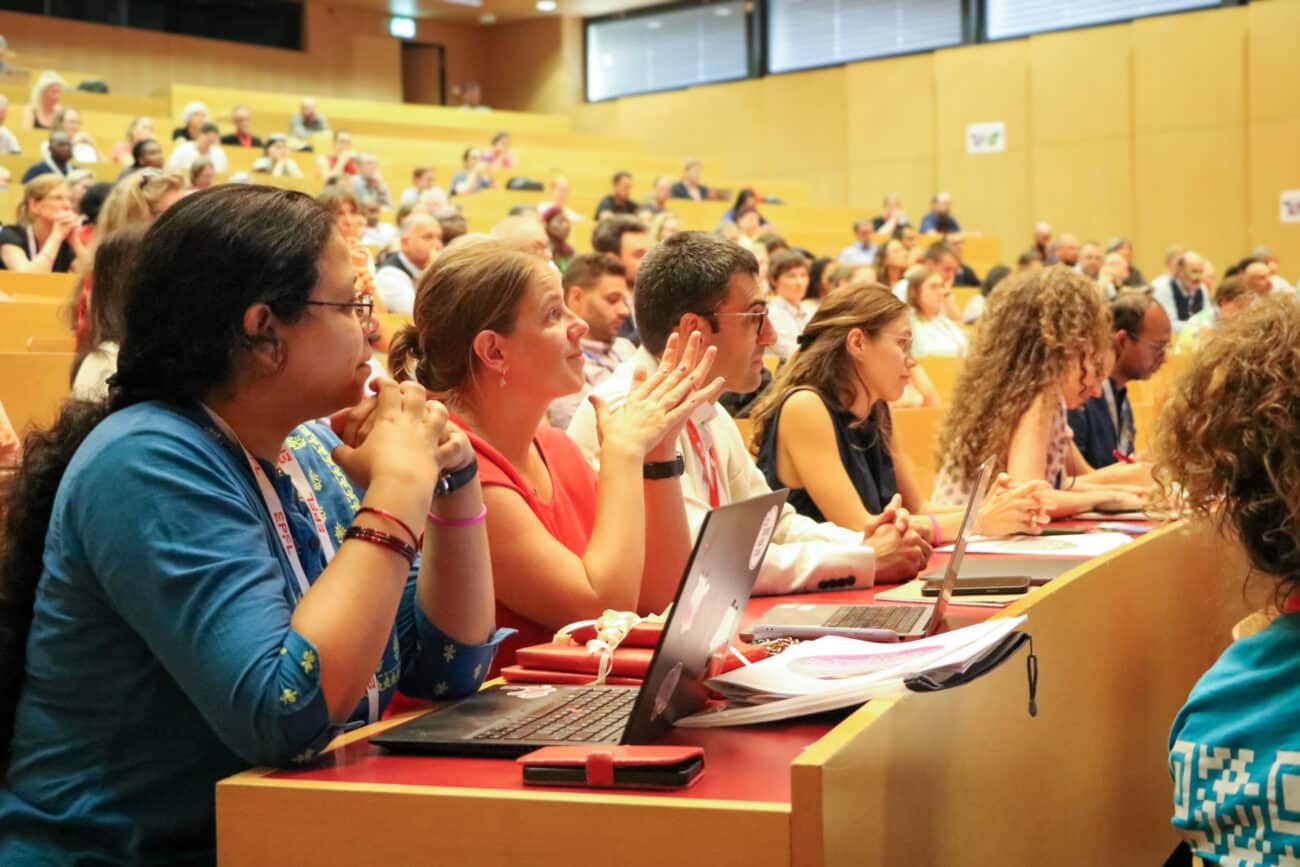
All pictures by Julie Clerget, EPFL
Data-Driven Evaluation & Future Impact
More information on Lausanne as a conference destination:
www.lausanne-montreux-congress.ch/en / howard@lmcongress.ch
More information on EFPL as a place to host your next event:
www.stcc.ch / bizdev.stcc@epfl.ch
More info on Switzerland:
myriam.winnepenninckx@switzerland.com / www.MySwitzerland.com/meetings
SEFI’s DEI Special Interest Group conducted pre- and post-conference surveys to assess the effectiveness of the new initiatives. Results are still being analysed, but early feedback is compelling: out of 168 responses, nearly half of participants were first-time attendees, and the most frequently praised aspects were the inclusive atmosphere, conference format, plant-based catering, and clear organisation.
Survey respondents explicitly requested that features like childcare, scholarships, wellness activities, and plant-based menus be maintained for future editions. In response, SEFI has already committed to making these elements standard practice going forward.
This data-backed approach to conference design marks a significant evolution in the association’s operations, linking its academic mission to lived experience and accessibility. “We didn’t just want to talk about responsibility,” said Ferdová. “We wanted our participants to take that spark back into their classrooms.”
Rethinking the Role of Conference Hosts
In choosing Lausanne—a mid-sized, innovation-oriented city with a deep academic infrastructure—SEFI affirmed the potential of destinations that prioritise substance over scale. The city’s efficient transport, institutional cohesion, and cultural accessibility made it an ideal match for a forward-looking, values-led academic gathering.
As the expectations placed on conferences grow—requiring them to be not only academically rigorous but socially and environmentally responsible—SEFI 2024 may come to be seen as a model for what a modern association congress can achieve. Its lessons go far beyond engineering education.
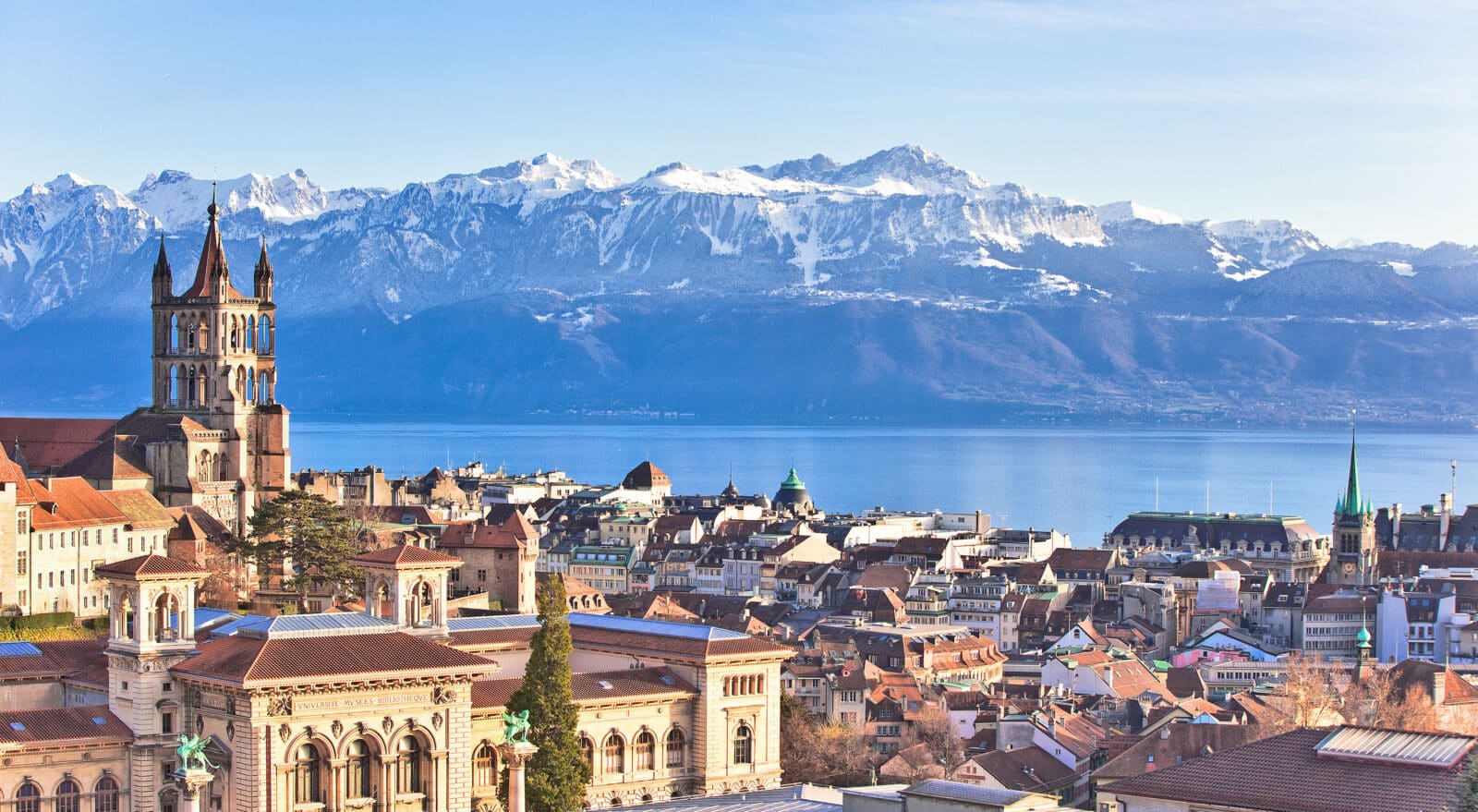 Lausanne ©Régis Colombo/diapo.ch
Lausanne ©Régis Colombo/diapo.ch